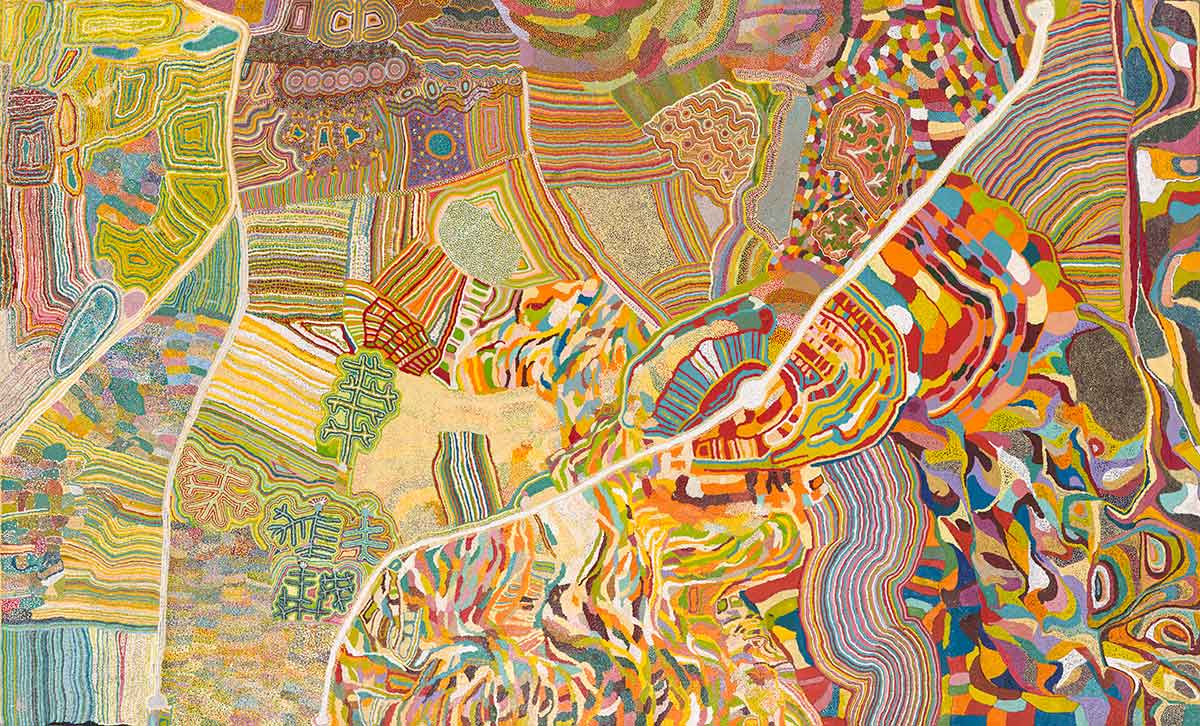Many of us have experienced powerful moments of intimacy, connection, and worship through singing. It’s no small wonder – a 2013 study on choral singers showed that the singers’ heartbeats actually synched up when they sang together. Our hearts literally and spiritually beat as one when we sing; one wonders if they indeed are beating along in time to God’s heart:
“Our God will take great delight in you;
The God of love will no longer rebuke you,
But will rejoice over you with singing.” [Zechariah 3:17]
Though we don’t often actually sing them, the Psalms are indeed songs. The early Christian monastics referred to the Psalms as “the Bible in miniature” because they were understood to engage every Biblical theme, every emotion, every expression of grief or guilt, praise or rage. The desert abbas and ammas treated the Psalms as the bedrock of all public and private prayer, speaking, singing, and wrestling with the words daily. In this dailiness, they expected the ageless, ancient Spirit that breathed the Psalms to breathe in them anew, over time opening up the relationship between the singer and the song.
I wonder if one way we could think of our engagement with the Psalms would be to think of them as something like the songlines of Australia. The Aboriginal Peoples of Australia are keepers of ancient paths through the land called songlines. These paths trace the journeys of ancestral spirits from long ago and the primary tools for navigation are songs that have been passed down for generations. Songlines tell stories and give information on plants, animals, the nature of the land, cultural values, and wisdom. When a new generation journeys along the songline it is as if the older generations journey with them – memory, family, land, and time are bound together in song.
Like songlines, the Psalms are songs that have been sung by our ancestors in faith for generations as a way of navigating this life. Through Spirit, they are now passed on to us, the generation of the Church created for such a time as this, to sing anew if we so choose. I wonder if we took up these songs today – particularly those of us who struggle to engage with Scripture – as prayers to read and be read by, if we wouldn’t find our own heartbeats synching up with our ancestors who tried the same thing. I wonder what we’d be surprised by or invited into. And I wonder if, above and under and around it all, we might hear through these ancient words the heart of the God who has been singing all along.

 RSS Feed
RSS Feed
